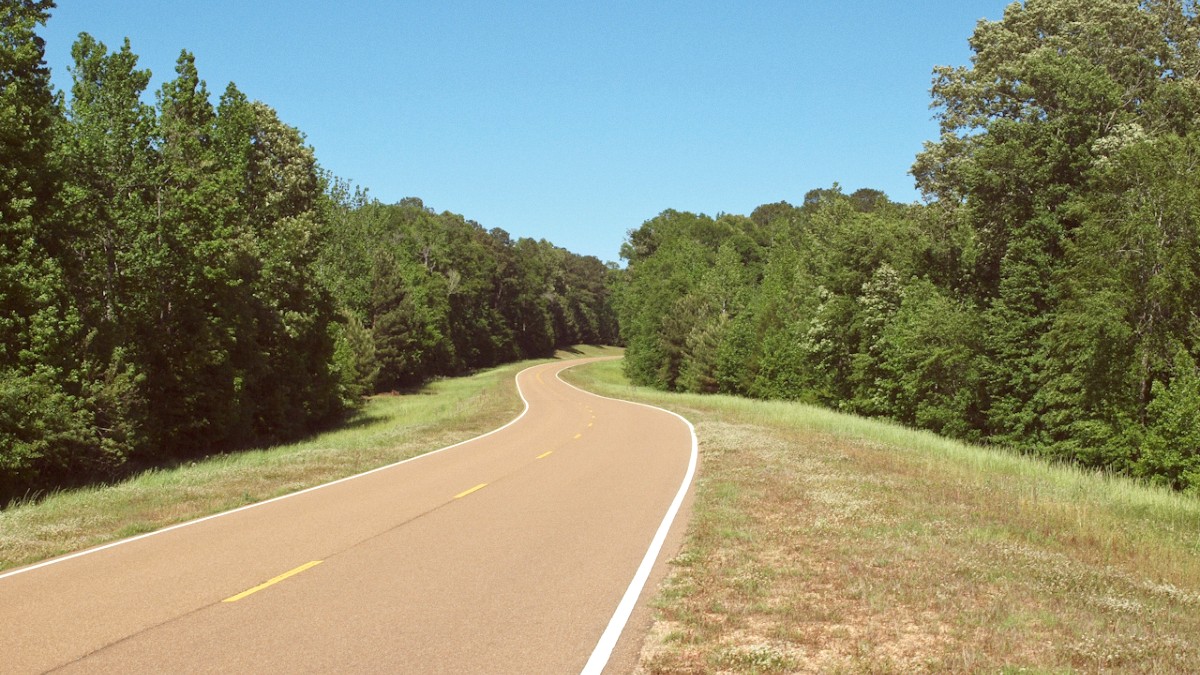
Mississippi, USA
The Natchez Trace Parkway operates as an unit of the National Park System, managed by the National Park Service (NPS). Its main purpose is the conservation of its natural, scenic, historic, and cultural resources.
Minimize single-use plastics. Carry a reusable water bottle and reusable shopping bags. Recycling facilities are in larger towns. In rural areas, "pack it in, pack it out".
Consider purchasing carbon offsets for flight and vehicle emissions to mitigate your environmental impact. Explore options from Terrapass to balance your carbon footprint.
Respectful interaction with the Parkway's history and local cultures benefits your visit and safeguards these valuable resources.
The National Park Service actively works to preserve historical sites and cultural heritage along the Parkway. This includes Native American mounds, historic farms, and Civil War sites.
The Parkway goes through many small, rural communities. Be respectful of local customs and privacy. Tread lightly at historic sites. Do not remove artifacts or disturb historical structures.
Respect signage for photography limits, especially at private historic homes or museums. Be mindful of solemn historical sites.
While not extensively marketed, look for accommodations that highlight sustainable practices, like energy efficiency or local sourcing. Support tour operators who emphasize responsible tourism.
Purchase outdoor gear from companies with ethical practices like Patagonia.
Shop PatagoniaReduce waste by choosing reusable items from stores like Package Free Shop.
Explore Package FreeYour travel choices directly support local economies along the Natchez Trace Parkway.
Support local, small businesses along the Parkway. French Camp Historic Village is an example of a community-based initiative.
Look for locally produced crafts and goods directly from artisans or small shops. This ensures more money stays within the local economy.
Avoid purchasing items that appear to be illegally taken artifacts from archaeological sites.
Do not buy unauthorized items unearthed from historical sites.
Give to verified non-profits that support conservation or local welfare, like The Rainforest Site (GreaterGood).
Every dollar spent locally contributes directly to the well-being of the communities along the Trace.